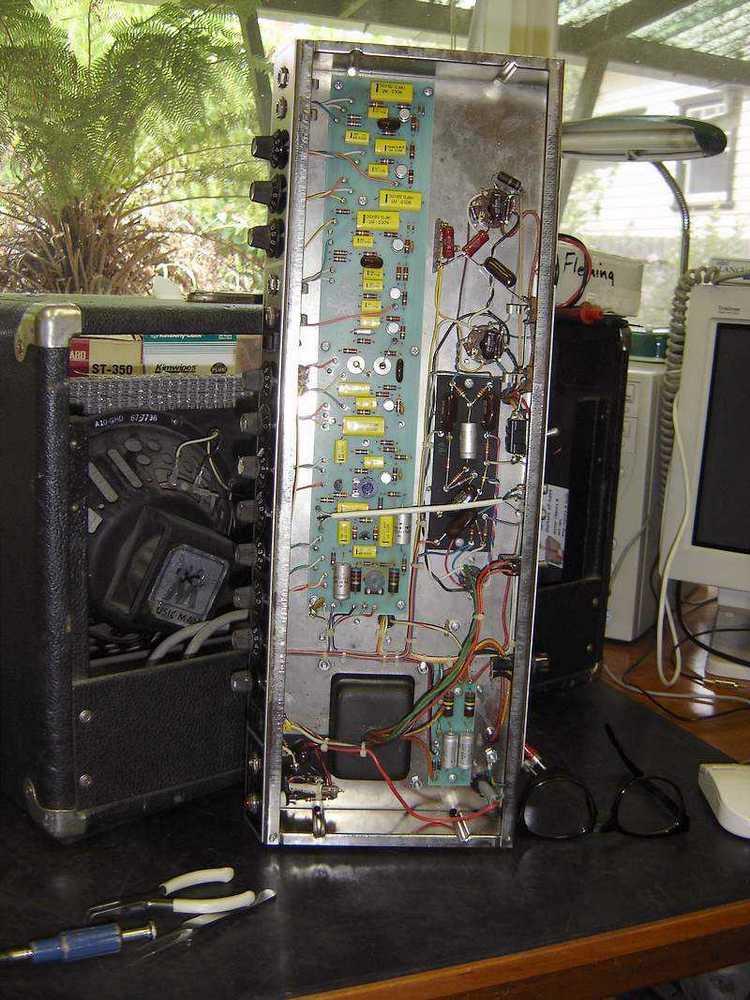Leo turning over in his grave? Not likely.
No I don;t consider the pcb a "slap in the face" to Leo. He had nothing against them, He would have used them, his eyelet board was not some sort of anti-pcb statement. He didn't use them then precisely BECAUSE he was being cheap.
One could even make a case that the truest copy of the amp would be to make it the cheapest way possible.
No I don;t consider the pcb a "slap in the face" to Leo. He had nothing against them, He would have used them, his eyelet board was not some sort of anti-pcb statement. He didn't use them then precisely BECAUSE he was being cheap.
One could even make a case that the truest copy of the amp would be to make it the cheapest way possible.




Comment